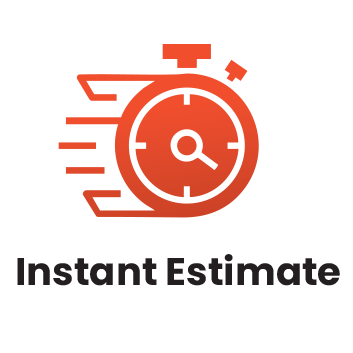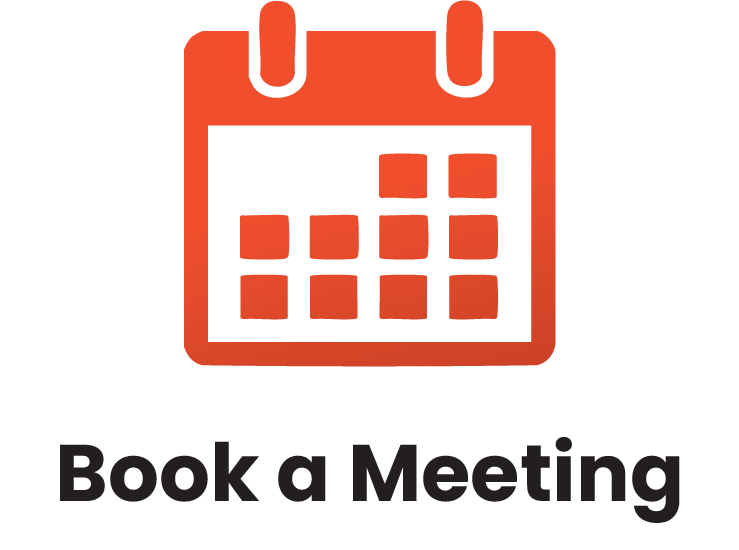Interactive training sessions led by experienced facilitators.
What is In-Person, Instructor-Led Training?
Our in-person training is delivered by a live facilitator who works directly with your team at your location. It’s our most popular format because it allows for real-time interaction, hands-on learning, and direct support.
Every session is tailored to your team’s specific goals, industry, and challenges—no generic, one-size-fits-all programs. Whether it’s a single session or a full training series, we design the experience to be relevant, practical, and fully aligned with your needs.
What is Live Webinar Training?
Live webinars are facilitator-led training sessions delivered online in real time. They’re ideal for teams working in different locations or with busy schedules.
This format offers shorter, more frequent sessions that are easy to coordinate—making it a convenient option for organizations with remote or distributed teams.
What is Virtual Classroom Training?
Virtual Classroom training is live, instructor-led training delivered online. It offers the same interactive experience as in-person sessions, with real-time discussions, group activities, and instructor feedback.
It’s a flexible option for organizations that want to reduce travel, save costs, or better fit training into busy schedules.
What is a Lunch & Learn Session?
Lunch & Learn sessions are short, facilitator-led training sessions delivered in person or online—typically during the lunch hour. They focus on specific topics or skills and offer a quick, engaging way to learn without a full-day commitment.
These sessions can be offered as one-time events or as part of a series, making them a great option for ongoing, bite-sized learning.
Online Learning
Enjoy our self-paced option and learn from anywhere!
$279.00 USD
Creating Winning Proposals
Proposals are persuasive documents that are fundamental tools in organizational funding and output. This course will look at sources of funding, types of proposals and how to write proposals that will meet funding agencies requirements. This will include a number of tips and techniques to increase the potential success of your proposals.
An important but often overlooked aspect of proposal writing will also be covered- Building and Maintaining Relationships. Relationships are built on honesty. Potential projects must be a good fit for your organization and your organization must be ready to do the work contained in the proposal. The most successful proposals are going to be those that fulfill the mission and values of your organization and that of the funding agencies as well!
LEARNING OBJECTIVES
Learning Objectives
This two-day workshop will help you teach participants how to:
- Locate potential funders for your organizations on the Internet and use evaluative skills to identify the appropriateness of funding related to their own organization
- Explain the necessity of matching funders interests with organizational needs and use this knowledge in decisions about the validity of submitting a funding proposal
- Describe and understand the basic elements of proposal writing for not-for-profit organizations
- Describe and understand the basic process for successful proposal writing
- Analyze effective relationship-building strategies to engage with funders and use this knowledge in writing a funding proposal
- Describe at least five reasons why funding proposals can be rejected
- Plan, write and submit a proposal in response to funders guidelines


COURSE OUTLINE
You will spend the first part of the day getting to know participants and discussing what will take place during the workshop. Students will also have an opportunity to identify their personal learning objectives.
Sources of Funding
To begin the course, participants will identify trends in the funding environment, types of funders and will identify potential funders to connect with.
Funder Selection
Next, participants will investigate the potential funders identified in the last session to see if they are indeed a good fit for your proposal.
Types of Proposals
In this session, participants will learn about three of the most common forms of proposals; Proposal Forms, Letter Proposals and Partnership Proposals.
Proposals as a Relationship Builder
In this session, participants will look at the stages of building a relationship with a potential funder.
RFPs/RFQs (Requests for Proposals or Request for Quote)
This session covers the common elements of RFPs, sources of RFPs, how to increase your chances of success and you will work on an RFP Case Study.
The Ten Steps of Proposal Writing
Next, participants will learn about the ten steps in proposal writing.
Defining Your Proposal
Participants will use the first six steps learned in the last session to develop a draft outline for a proposal.
Key Elements of a Proposal
Here, students will learn not only the key elements in a proposal but also the order in which to write them.
Defining the Needs and Desired Results
In this session, trainees will learn how to define the needs they are addressing and the direct and indirect results of their project.
Resources and Activities and Evaluation
Students here will learn what funders are expecting to be covered in the Resources and Activities as well as the importance of having a measurable evaluation process in place.
Sustainability and Budget
This session will indicate what funders expect to be shown in the form of sustainability and good stewardship of money.
Conclusion, Introduction, and Executive Summary
Here, students will learn the essential information to include in the Conclusion, Introduction and Executive Summary.
Workshop Wrap-Up
At the end of the course, students will have an opportunity to ask questions and fill out an action plan.


















